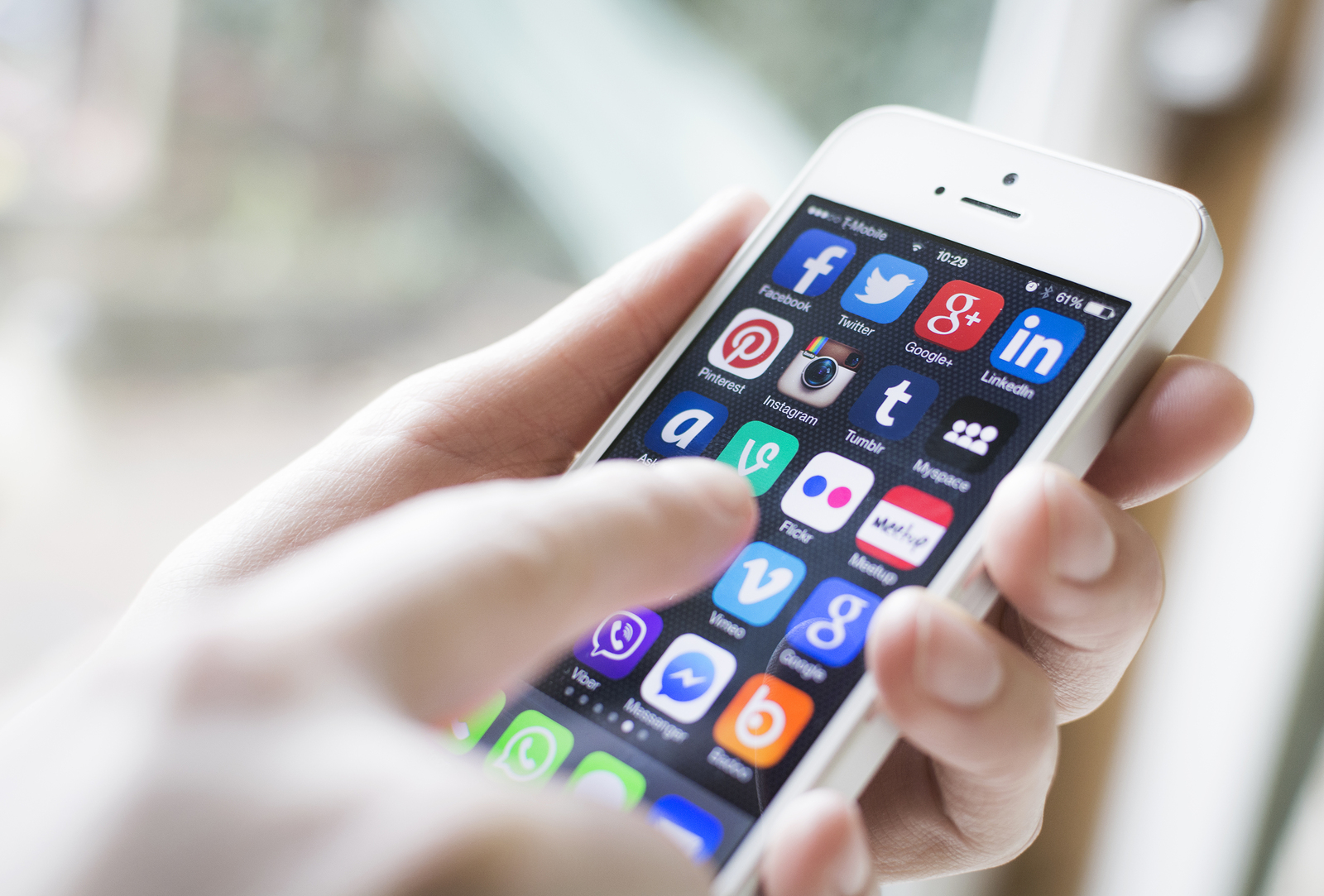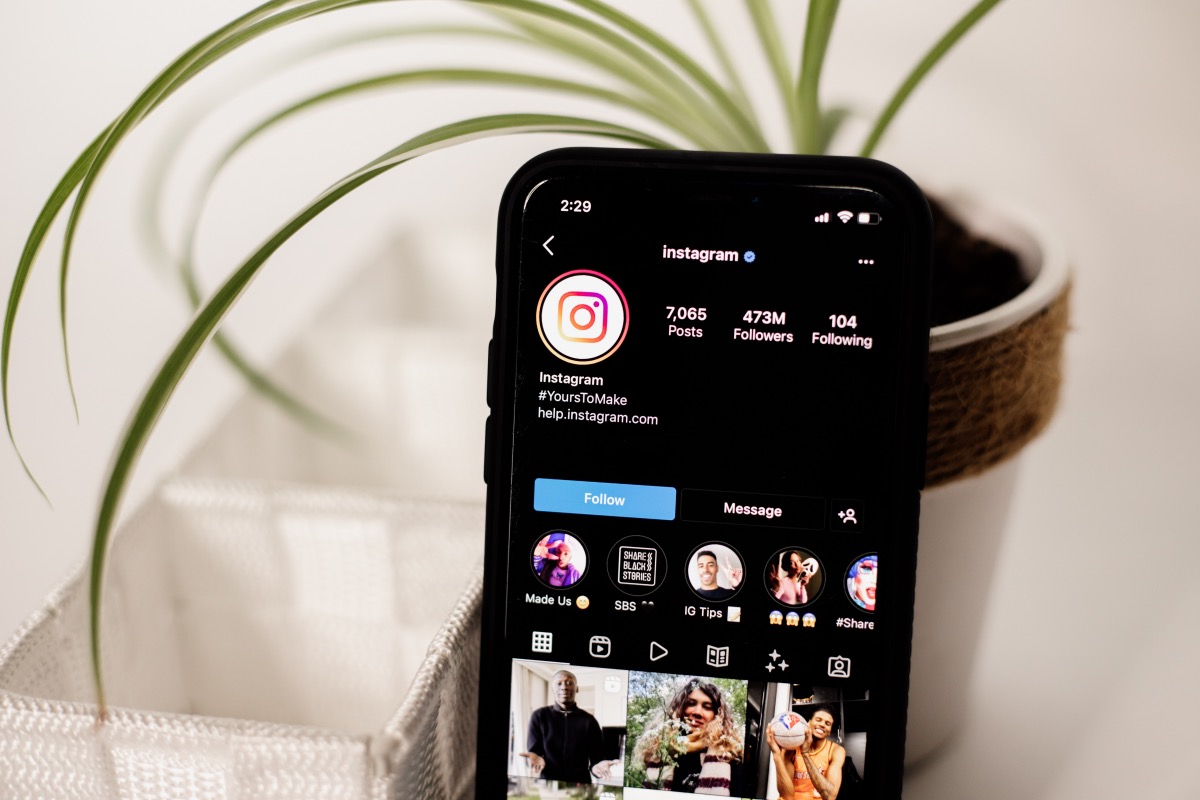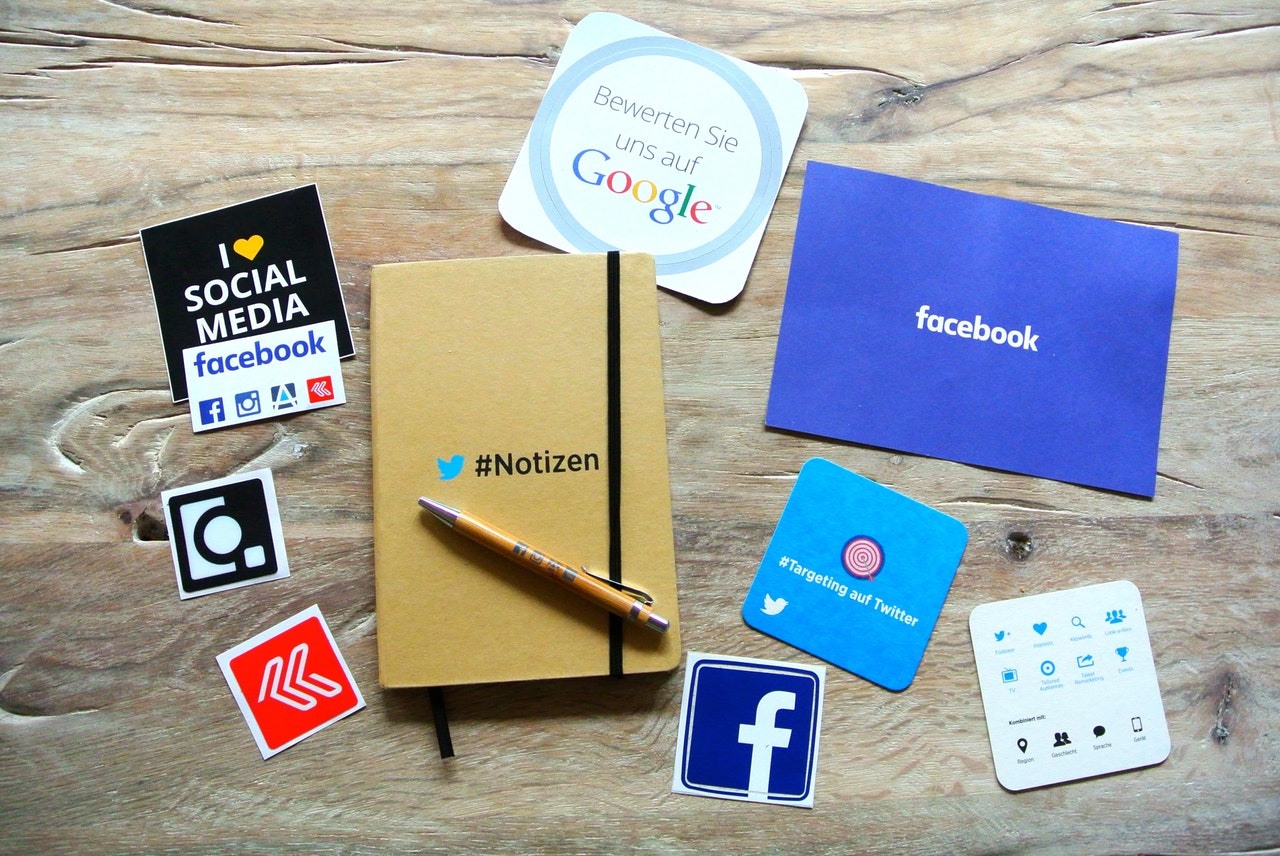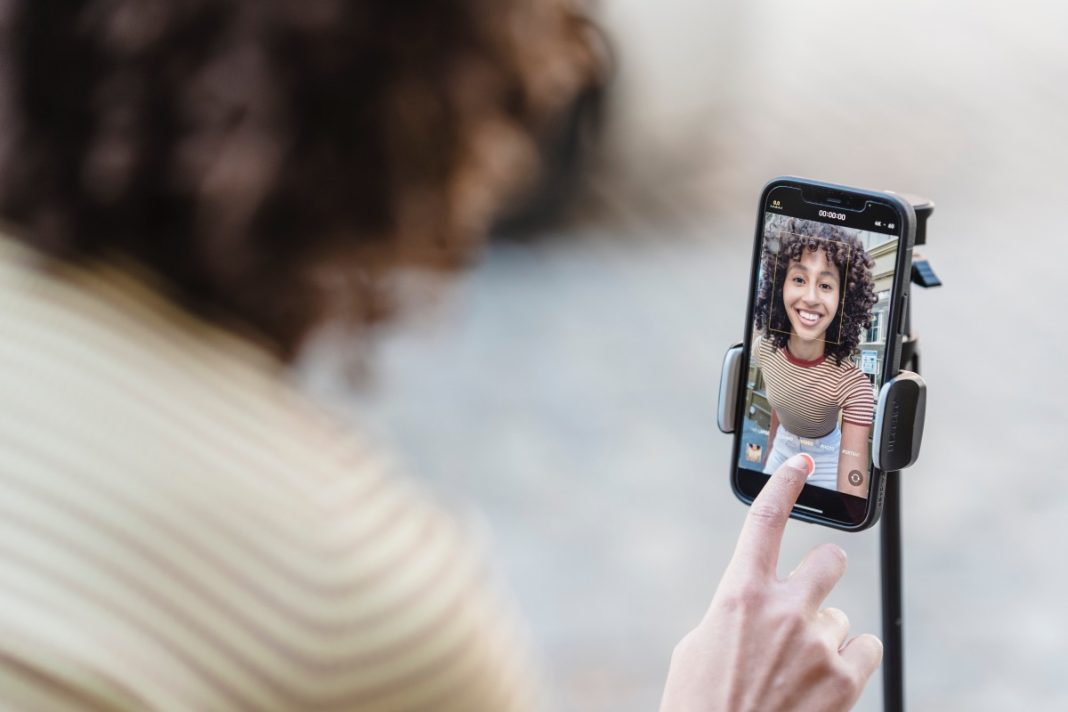Social media has become an integral part of our daily lives, shaping how we connect, communicate, and even perceive ourselves. While it offers countless benefits, from fostering relationships to providing a platform for self-expression, it also comes with significant drawbacks that can impact mental wellness. Studies show that social media can both positively and negatively affect mental health, making it a double-edged sword. As its usage continues to grow, understanding this complex relationship is essential for promoting mental wellness in the digital age.

The Positive Side: Connection, Support, and Information
Social media’s benefits are undeniable, particularly in its ability to create a sense of connection and community. For many, platforms like Instagram, Twitter, and TikTok serve as a way to stay in touch with friends and family, even from afar. In fact, a study from the American Psychological Association (APA) suggests that people who use social media for positive engagement report feeling more connected and supported.
Additionally, social media can be a powerful source of information, offering valuable insights on mental health and wellness practices. Influencers, mental health advocates, and organizations share resources and advice that can help individuals feel empowered and understood. The accessibility of mental health information has even reduced the stigma around mental health discussions, creating a supportive community for those seeking help.

Support Groups and Mental Health Awareness
One of the standout benefits of social media is the support groups and forums it offers for people dealing with mental health issues. Groups focused on anxiety, depression, and trauma provide a sense of solidarity for individuals who may feel isolated in their experiences. Many have found these groups to be a lifeline, offering them encouragement, resources, and practical advice from people with firsthand experience.

The Negative Side: Comparison, Validation, and Overuse
While social media connects people, it also fosters a comparison culture that can harm mental wellness. Platforms like Instagram and Facebook often showcase idealized versions of reality, leading users to compare themselves to carefully curated images and lifestyles. This constant comparison can fuel feelings of inadequacy, anxiety, and low self-esteem, particularly among younger users. A 2022 study published in Cyberpsychology, Behavior, and Social Networking found that people who frequently engage in social comparison on social media report higher levels of anxiety and depression.
Social media also encourages a “validation” mindset, where likes, comments, and shares become markers of self-worth. This craving for external validation can lead to a dependence on social media for approval, creating an unhealthy cycle. The constant need to check notifications and post updates can make people feel as if they’re performing for an audience, rather than living authentically.

Social Media Overuse and Mental Health
Excessive social media use has been linked to various mental health issues, including anxiety, depression, and disrupted sleep patterns. Research from the National Institute of Mental Health (NIMH) indicates that excessive social media consumption can interfere with cognitive functioning and emotional regulation, particularly when it’s used as a coping mechanism. Screen time studies show that increased social media use, especially in the late evening, correlates with poor sleep quality, which in turn affects mood, cognitive performance, and overall wellness.
Social Media and Youth: A Special Concern
Young people are particularly vulnerable to the negative effects of social media, as it can shape their developing identities and influence self-esteem. A 2021 report by the Royal Society for Public Health found that Instagram and Snapchat are among the platforms with the most adverse effects on young users’ mental health, as they are highly visual and encourage comparison. Adolescents who spend more time on social media report higher rates of anxiety, body dissatisfaction, and even suicidal thoughts, highlighting the need for more responsible usage guidelines and parental oversight.
In response to these concerns, many platforms have introduced tools to help users manage their screen time. Instagram, for example, has introduced time-tracking features, while TikTok limits daily usage for younger users. However, the effectiveness of these tools depends on user awareness and willingness to self-regulate, making education and awareness critical.

Striking a Balance: Strategies for Healthier Social Media Use
Navigating the impact of social media on mental wellness requires a balanced approach. Here are some strategies for healthier social media use:
- Set Time Limits: Using built-in screen time tracking tools or setting personal usage limits can reduce the negative effects of overuse. Establishing specific times for checking social media can help keep usage intentional and controlled.
- Curate Your Feed: Follow accounts that inspire positivity, provide support, and promote mental wellness, and unfollow accounts that lead to negative feelings. Curating a feed that aligns with personal values and wellness goals can improve the quality of social media interactions.
- Practice Mindfulness: Being mindful of one’s feelings while using social media can help users recognize when they are falling into the trap of comparison or validation-seeking. Taking breaks to reflect on these emotions can improve awareness and foster healthier engagement.
- Engage Purposefully: Social media is most beneficial when used for connection and learning rather than passive scrolling. Engaging in meaningful interactions and participating in supportive communities can enhance its positive aspects.

In Conclusion
Social media is a powerful tool that shapes modern life, but it’s a double-edged sword for mental wellness. While it fosters connection, provides resources, and supports mental health awareness, it also fuels comparison, validation-seeking, and overuse. Finding a balance is crucial for harnessing social media’s positive potential while minimizing its adverse effects.
For individuals, adopting mindful usage habits can make social media a healthier part of daily life. For society, increasing awareness about social media’s impact on mental health—especially among younger users—can promote a more balanced, intentional approach to its use. As social media continues to evolve, understanding its complex effects on mental wellness will be key to building a healthier, more resilient digital world.







